Unlocking the Power of Onsite Silane Manufacturing
Technology for scalable electronic-grade production
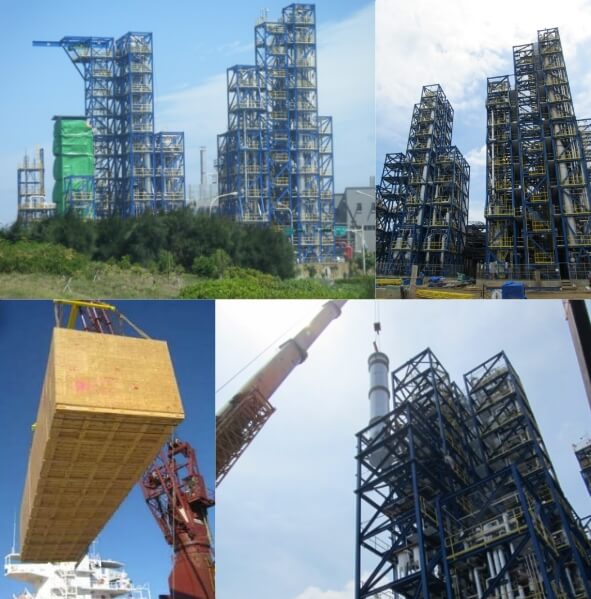
Patented & Proven Silane Manufacturing Technology
Silane is rapidly gaining attention as a vital component in enhancing lithium-ion battery performance and lifespan, fueling an unprecedented surge in demand for its production. However, the sustainable production of electronic-grade silane is fraught with challenges. Stricter purification standards, prohibitive production costs, material handling and transportation risks, and stringent regulatory and environmental compliances have become significant hurdles for manufacturers in the battery materials industry.
Discover Koch Modular’s patented and tried-and-true silane production technology—a complete modular process system—that can be integrated into existing or new manufacturing facilities to produce electronic-grade silane onsite, economically and sustainably. Our distinctive modular delivery model offers unparalleled flexibility, enabling manufacturers to scale up production capacity seamlessly in line with increasing demand.
Special Features
How It Works
Our two-step silane process technology reacts metallurgic-grade silicon (MGS) with hydrogen and silicon tetrachloride (STC) to convert it into a high-purity trichlorosilane (TCS) intermediate via hydrochlorination.
Purification & Recycling
Step one purifies the TCS, recovers STC for recycling, collects waste streams for concentration to recover chemicals for recycling, and collects inert solids for disposal. While the purification step is crucial to achieving electronics-grade purity, the STC recycling step is equally important for sustainable and cost-effective processing with minimal waste.
Reaction & Distillation
Step two involves converting TCS to silane (SiH4) through two reaction steps and several distillation steps. The two disproportionation reactions involved are TCS to DCS and STC, and DCS to Silane and various chlorosilanes. Multiple distillation steps are incorporated to efficiently and safely recycle chlorosilanes and remove known impurities.
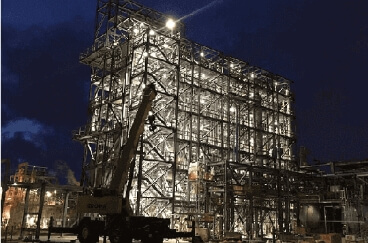
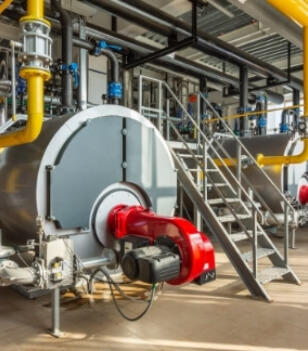
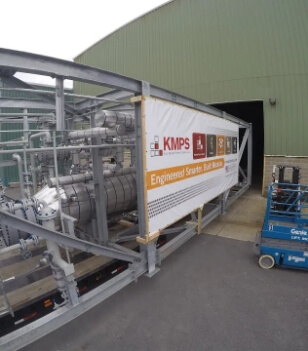
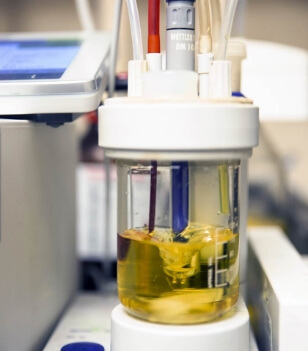
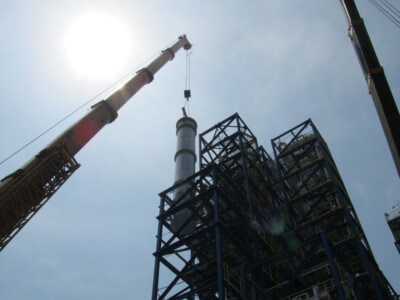
 " loading="lazy" width="368" height="243"
alt="articles img">
" loading="lazy" width="368" height="243"
alt="articles img">
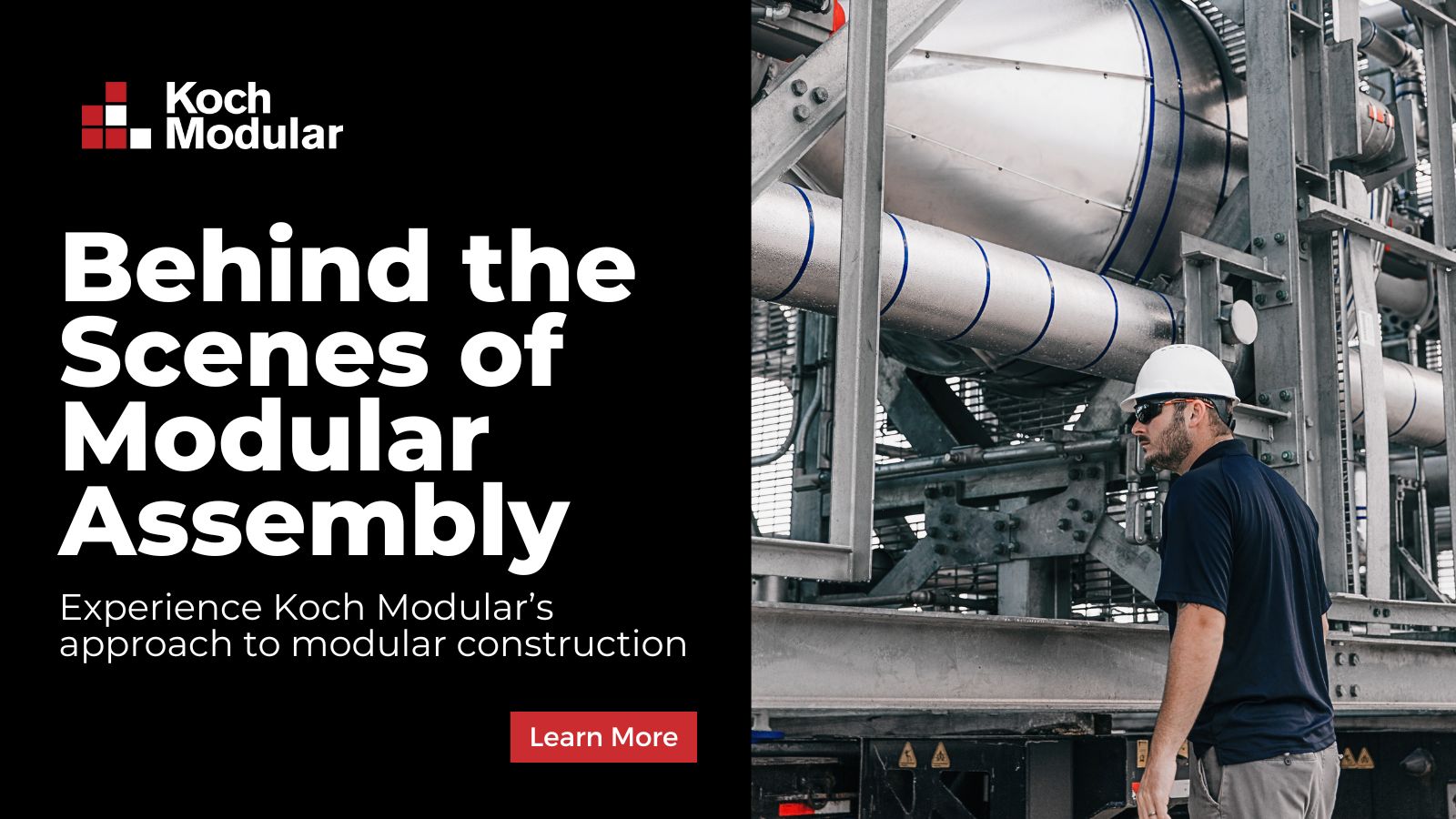 " loading="lazy" width="368" height="243"
alt="articles img">
" loading="lazy" width="368" height="243"
alt="articles img">
 " loading="lazy" width="368" height="243"
alt="articles img">
" loading="lazy" width="368" height="243"
alt="articles img">